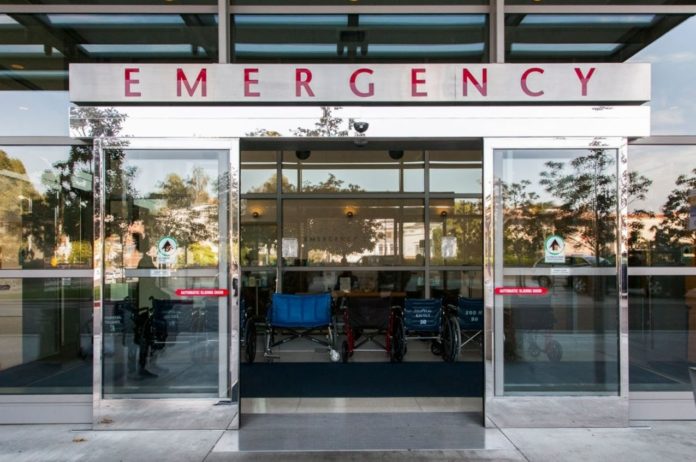Each year, heart failure costs the United States billions in treatment, management, health care costs, and lost workdays. Additionally, the expense of developing new drugs continues to rise each year.
This new study examined whether existing licenced medications may be repurposed to treat heart failure at a cheaper cost.
Cardiac hypertrophy is an abnormal expansion or thickening of the heart muscles that can result in heart failure. Cardiac hypertrophy can arise in several ways. One way is when cardiomyocytes, the cells responsible for contracting the heart muscle, become thicker than normal.
The thickened cells stiffen, decreasing the amount of blood delivered to the body with each cardiac contraction (heartbeat).
Eventually, this cellular contraction results in the progression of heart failure. Cardiac hypertrophy is the most common type of hereditary heart disease, affecting around 1 in every 500 persons, with a considerable proportion remaining undetected.
Cardiomyopathy patients are at an increased risk of blood clots, stroke, heart failure, and cardiac arrest, among other heart-related issues.
The researchers evaluated a library of chemicals known to inhibit cardiomyocyte hypertrophy and discovered sarpogrelate as a possible candidate. Sarpogrelate is a serotonin receptor antagonist that has been shown to promote vasodilation, or the widening of blood vessels, as well as cell damage reduction.
This word analyzed the effects of sarpogrelate on cardiomyocyte hypertrophy and the development of heart failure in mice. First, cultured cardiomyocyte cells were treated with 1 microgram, or 1 μM, of sarpogrelate and then stimulated with various hypertrophic agents to induce cell growth. The sarpogrelate significantly suppressed cardiomyocyte hypertrophy induced by each stimulus.
Mice were then subjected to a transverse aortic constriction (TAC), which causes cardiac hypertrophy. The mice were randomly separated into three groups one day after the operation: either an oral dose of sarpogrelate at 1 mg/kg or 5 mg/kg daily for eight weeks, or a control group that did not receive sarpogrelate.
The mice who got 5 mg/kg of sarpogrelate daily at the end of the eight-week research period were considerably less likely to develop cardiac failure after the TAC treatment.
The greater dose of sarpogrelate reduced a TAC-induced rise in ventricular wall thickness and other indicators of cardiac hypertrophy, such as the ratio of heart weight to body weight, according to echocardiographic examination.
Image Credit: GEtty
